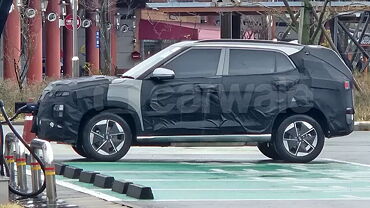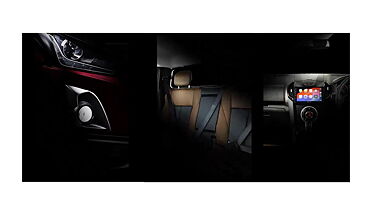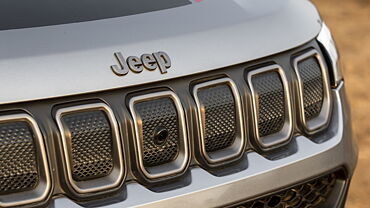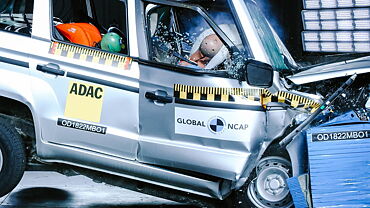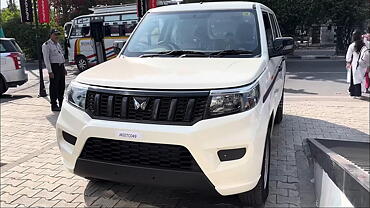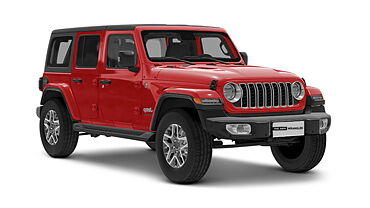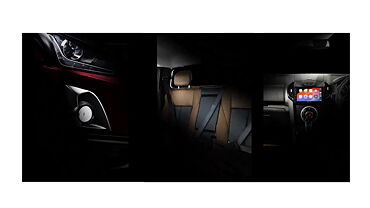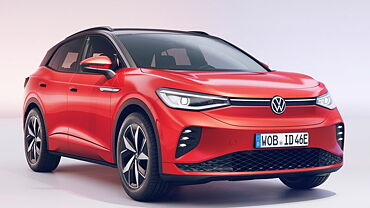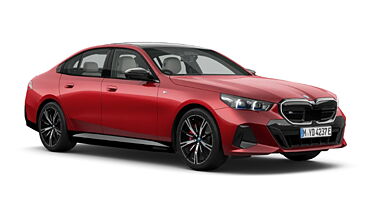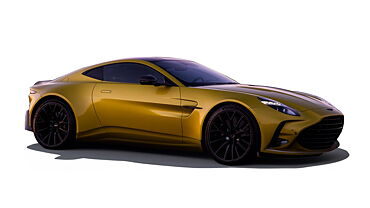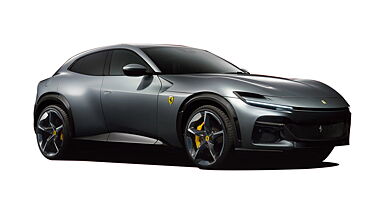On being probed about how Algeria fares as a car export destination, Mayank Pareek, Marketing Head, Maruti Suzuki India (MSI), shares an interesting story. He narrates that once two salesmen who sell shoes, were sent to a town to gauge the potential market for footwear. While one returned saying that there is no market for footwear in that town as no one wears them, the second salesman saw an opportunity to sell the shoes in that very town by making them aware of the benefits of footwear. According to Pareek, "We faced a similar situation when we looked at Algeria and Africa for car exports." He adds further, "People said customers there buy only big cars and others don't buy cars."
In the Fiscal year 2011-2012, MSI exported nearly 17,247 units to the North African country. This figure made Algeria the largest export market for MSI, followed by Sri Lanka where 15,359 cars were delivered and Indonesia, which received 10,551 units. Even though, the car maker had made its presence felt in Algeria back in 2000, it started exporting to the country in 2009 and has not looked back since then. Since, the Algerian automotive industry is almost identical to the Indian market with low level of motorisation and same price-sensitive buyers, annual sales of Maruti has become triple. Pareek commented, "This has opened the doors for us to target other African countries more aggressively."
23,000 cars out of total 1,27,000 exported were sent to Africa in 2011-12, which is nearly double the figure achieved last year. During the same time, 75,000 units of Hyundai cars were exported to Africa out of its 2,40,000 exports.
Hyundai witnessed a boost in the figure, since the Korean automotive giant was utilising the subsidiary as an export hub for its i10 and i20 models. Partner in auto practice, Ernst and Young, Kapil Arora said, "The African and Latin American markets hold considerable potential over the longer term." Adding further, he said, "That's the reason almost all automakers are aggressively tapping them."
In the year 2009-10, the highest export market for Maruti was Europe, as 1,14,000 units or 77 per cent of total exports went to the continent. 'Scrappage incentives' offered by the European governments was the reason propelling the sales of the company. An example of the offer is UK government offering 2,000 pounds to anyone who scrapped a 10 years old car, which initiated the demand for small cars. Car exports from India became two fold to 4,40,000 units till 2009-10 due to such offers.
According to Pareek, "We knew the party would end soon." He said, "So, we actively started scouting for alternative markets for exports." The increased amount of sales to Africa and Asia has cushioned the company from the losses in European continent. Maruti Suzuki India witnessed its share in Non-European sales rise to 66 per cent in 2011-12 from 23 per cent in 2009-10.
Calling Africa a "significant market for two-wheelers and small cars", Abdul Majeed, head of the auto practice at PricewaterhouseCoopers, feels some of the reasons that held back companies are improving. "Governance has been a big issue till now, but it is being resolved, with stability emerging in many countries," says Majeed. "The thinking is changing in Africa in favour of smaller and eco-friendly cars. Rising gasoline prices and the removal of subsidies, coupled with poor infrastructure such as roads, make a strong case for them."



